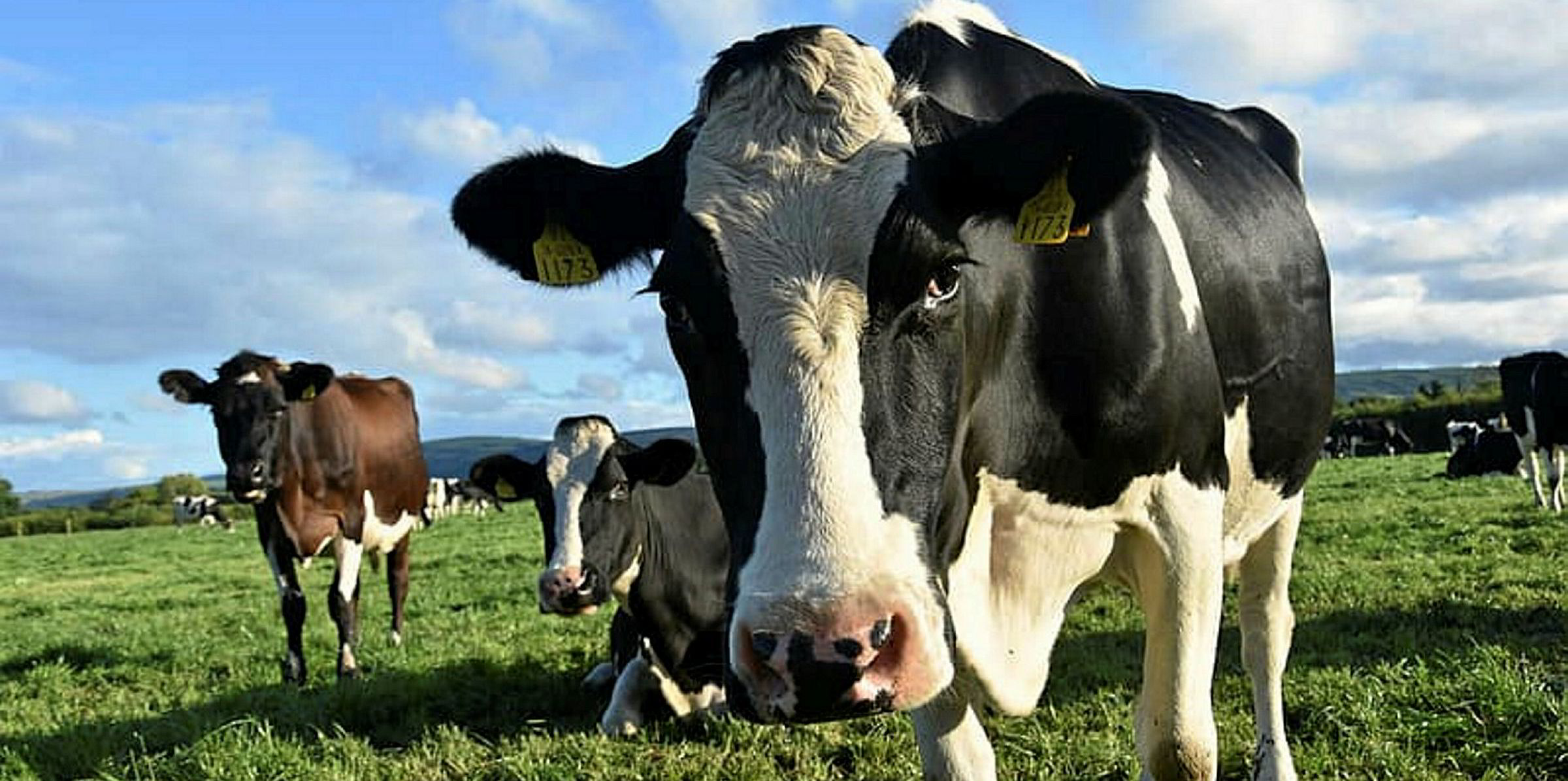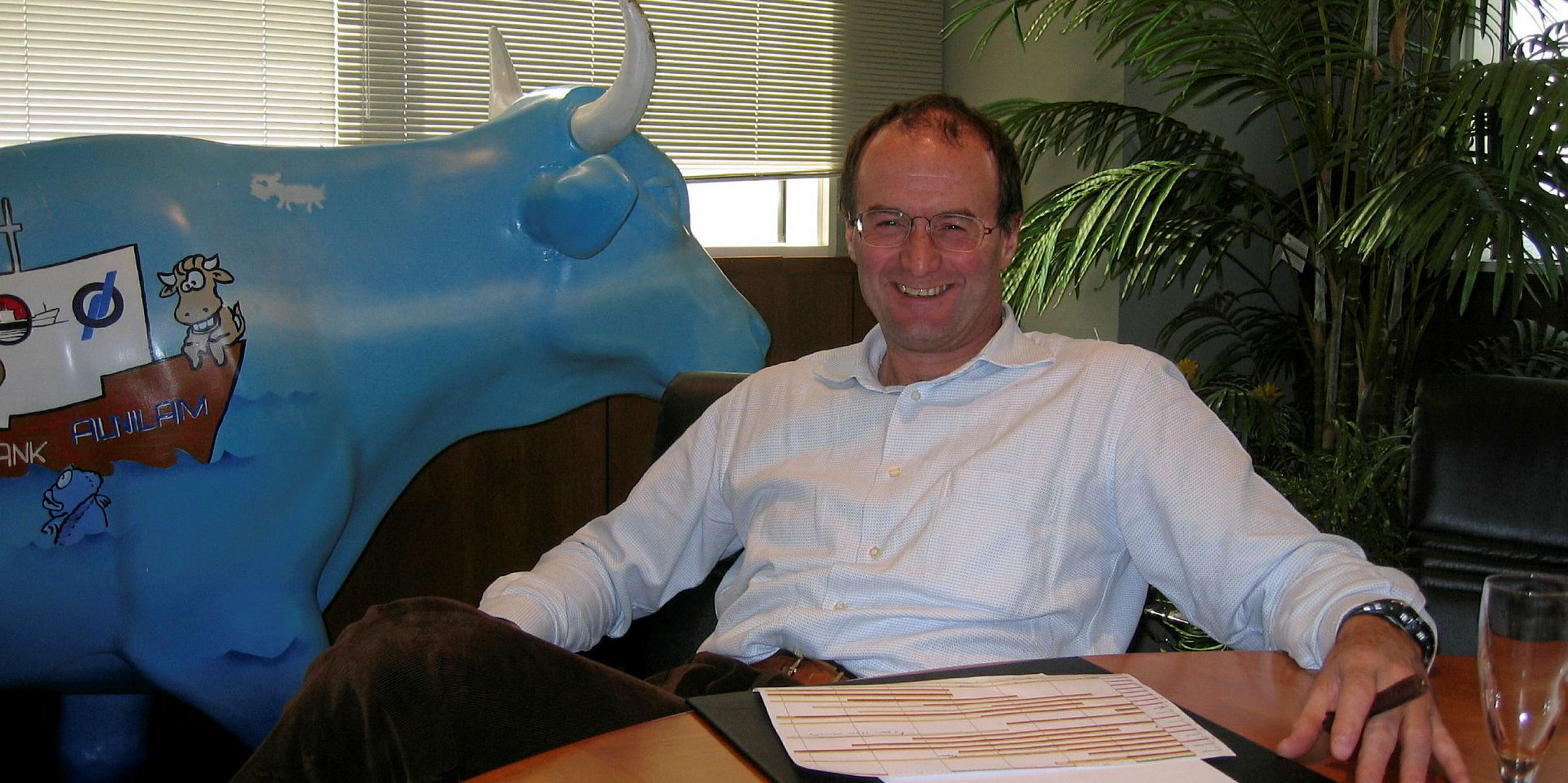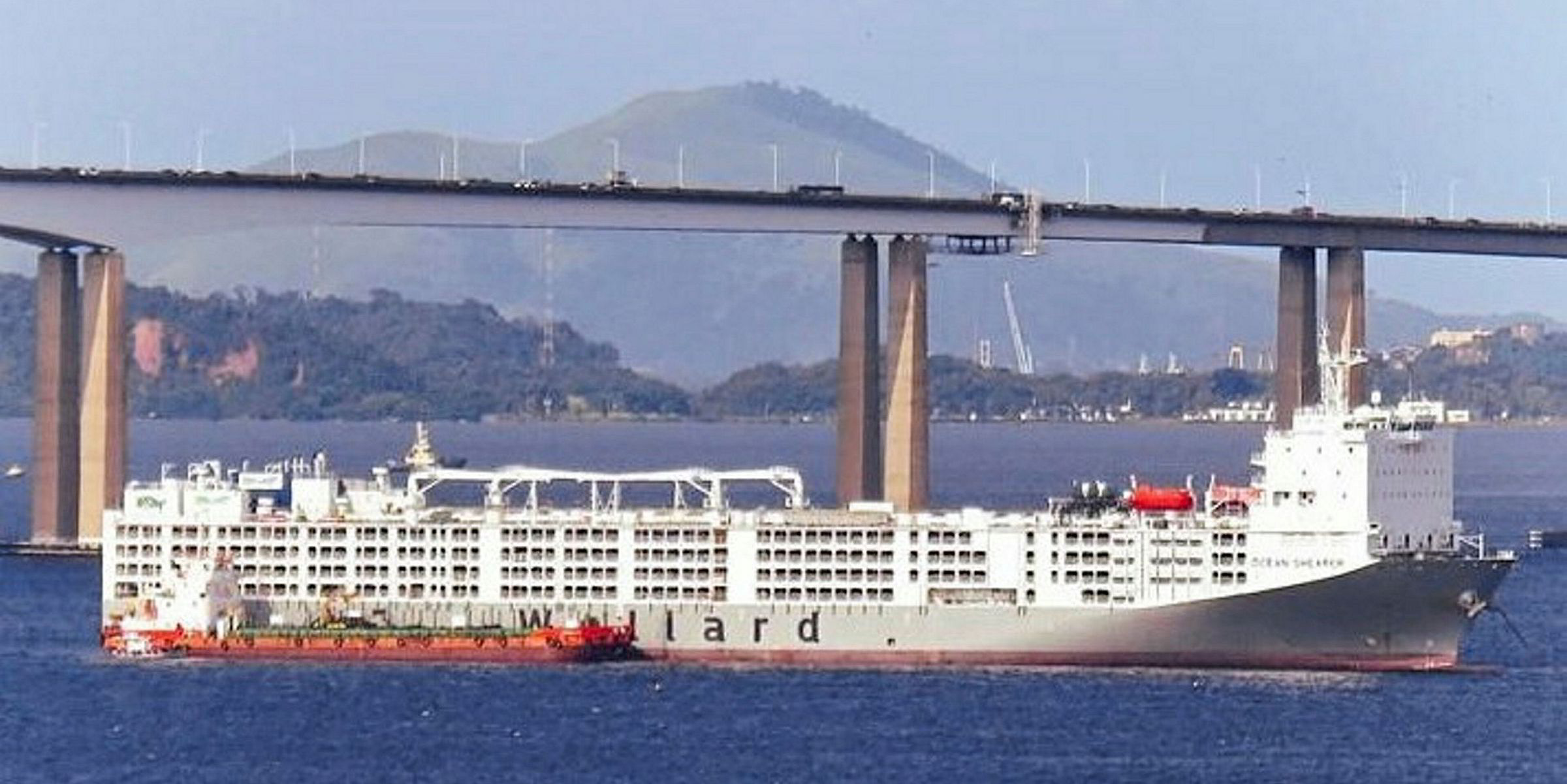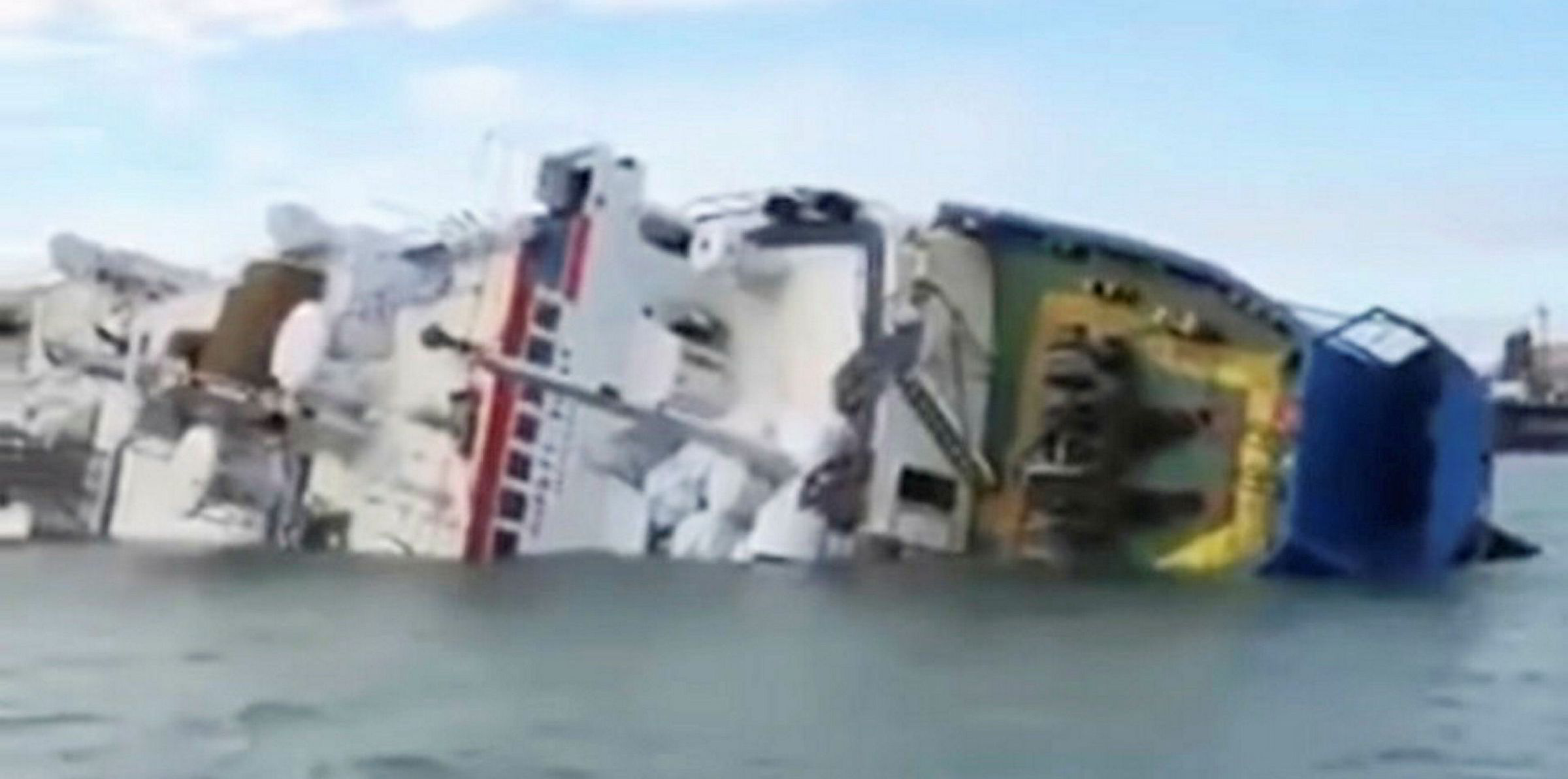Mauro Balzarini is promising to revolutionise the livestock carrier sector with NextSeaWell, a new venture he claims will focus on developing cleaner, smarter livestock carriers that will significantly improve environmental performance and animal welfare.
Now based in Queenstown, New Zealand, Balzarini was chief executive of Australian livestock transport company Wellard until stepping down in June.
Balzarini claims his venture is aiming to build a new generation of LNG-powered livestock carriers that will be far in advance of those in service today.
Indications are that the new ships will be fully digitalised to provide improvements to animal welfare, better environmental performance and ensure optimum operation for better commercial outcomes.
They will have a capacity of about 11,000 head of cattle, and modern livestock service systems will maintain lower deck temperatures to reduce heat stress on animals.
LNG fuel, together with improved hull design and weight reduction, will enhance environmental performance and reduce operating costs.
Balzarini indicated there was significant opportunity for live exports from Australia and New Zealand to growing markets in Asia.
He said innovation was essential for improving performance in livestock shipping because many vessels currently operating will become obsolete soon.
“Ships that I designed and built many years ago are still considered the best in the world only due to the fact they were very innovative during their initial designs,” he said.

Need for innovation
“However, considering the average age of vessels on the water is around 20 years, there is a need to design even more innovative ships to combat changing emission regulations. We also need to show the public that we are invested in improving standards to make livestock trade more sustainable and in the best interests of Australian producers and exporters.”
The sector has increasingly come under scrutiny from environmental and animal rights groups that have expressed alarm at the high mortality rates of animals transported onboard livestock carriers, under what they claim are inhumane conditions.
According to the Australian RSPCA animal welfare group, animals carried on livestock carriers suffer from high stocking densities, a lack of proper bedding and manure removal, heat stress and a lack of proper veterinary care.
Balzarini did not provide any information about where NextSeaWell will be based, nor did he disclose details on how the venture will be funded or who, if anyone, is backing it.
The design phase for the vessels is said to be underway, and will be followed by a testing and validation phase to ensure all elements meet intended performance requirements.
Eric Martin contributed to this article






